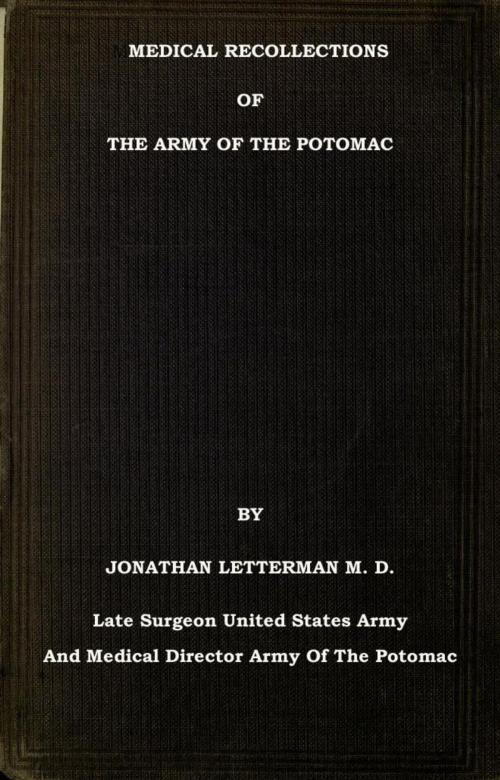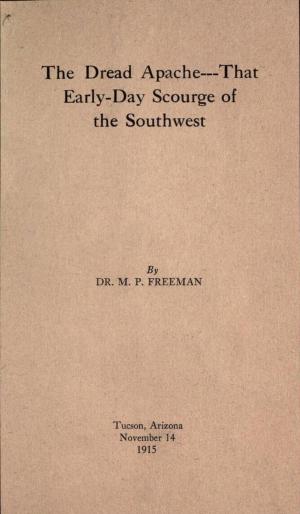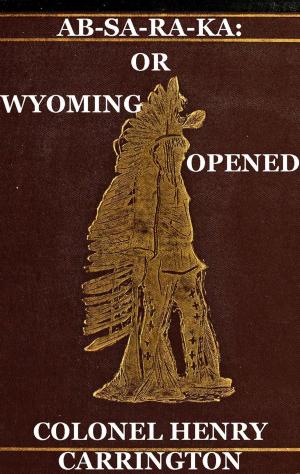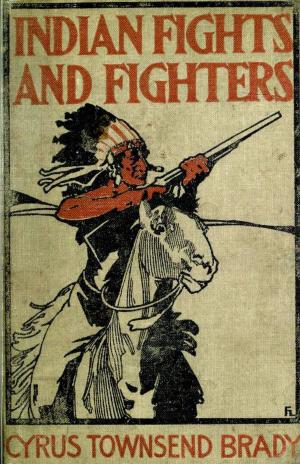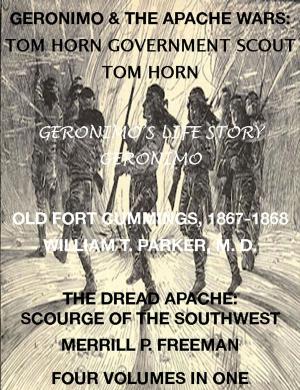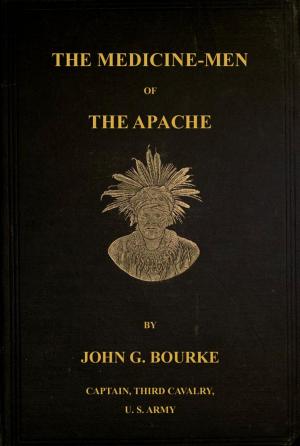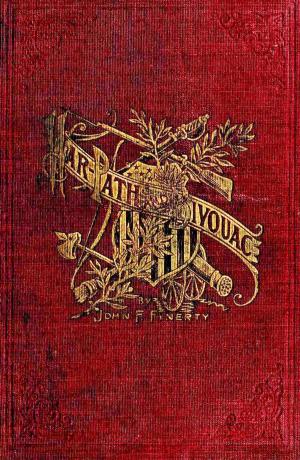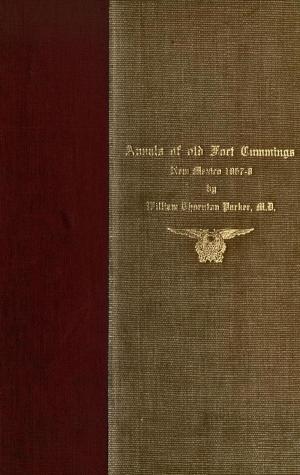Medical Recollections of the Army of the Potomac
Nonfiction, Health & Well Being, Medical, Specialties, Emergency Medicine, Reference, History, Americas, United States, Civil War Period (1850-1877)| Author: | Jonathan Letterman M. D. | ISBN: | 9781501421068 |
| Publisher: | Maine Book Barn Publishing | Publication: | September 4, 2013 |
| Imprint: | Language: | English |
| Author: | Jonathan Letterman M. D. |
| ISBN: | 9781501421068 |
| Publisher: | Maine Book Barn Publishing |
| Publication: | September 4, 2013 |
| Imprint: | |
| Language: | English |
Jonathan Letterman (1824-1872) was an American surgeon credited with being the originator of the modern methods of medical organization in armies. Dr. Letterman is known as the "Father of Battlefield Medicine." His system enabled thousands of wounded men to be recovered and treated during the American Civil War.
In this book, "Medical Recollections of the Army of the Potomac," Doctor Letterman, outlines the system he developed for revolutionizing battlefield medicine, as the medical director of the Army of the Potomac. Prior to his appointment & the institution of his system, the wounded were collected as "catch can" which resulted in long delays, unnecessary suffering, & needless deaths. The army reeled from inefficient treatment of casualties in the battles of the "Peninsula" Campaign, in June 1862, which showed how woefully inadequate the Union Medical Department was. Letterman immediately set to reorganizing the Medical Service of the fledgling army, charged by Major-General McCellan to do whatever was necessary to improve the system.
By the time of the Battle of Antietam in September, Letterman had devised a system of forward first aid stations at regimental level, where principles of triage were first instituted. He established mobile field hospitals at division & corps headquarters. This was all connected by an efficient ambulance corps, under the control of medical staff, instead of the Quartermaster Department, as well as, arranging an efficient system for the distribution of medical supplies.
Letterman's system was proved at the Battle of Fredericksburg in which the Army of the Potomac suffered 12,000 casualties. After this, his system was adopted by other Union armies & by an Act of Congress in March 1864 officially established for all United States' armies . The Army of the Potomac's greatest casualties were suffered at Battle of Gettysburg in July 1863. His Medical Corps dealt with 14,000 Union wounded, & 6,800 Confederate wounded. A medical encampment was created off the York Pike, named "Camp Letterman."
An engrossing look at the development of battlefield medical treatment & an important piece of the History of Medicine.
There are approximately 39,250 words and approximately 130+ pages at 300 words per page in this e-book.
NOTE: This book has been scanned then OCR (Optical Character Recognition) has been applied to turn the scanned page images back into editable text. Then every effort has been made to correct typos, spelling, and to eliminate stray marks picked up by the OCR program. The original and/or extra period images, if any, were then placed in the appropriate place and, finally, the file was formatted for the e-book criteria of the site. This means that the text CAN be re-sized, searches performed, & bookmarks added, unlike some other e-books that are only scanned---errors, stray marks, and all.
We have added an Interactive Table of Contents & an Interactive List of Illustrations if any were present in the original. This means that the reader can click on the links in the Table of Contents or the List of Illustrations & be instantly transported to that chapter or illustration.
Our aim is to provide the reader AND the collector with long out-of-print (OOP) classic books at realistic prices. If you load your mobile device(s) with our books, not only will you have fingertip access to a large library of antiquarian and out-of-print material at reasonable prices, but you can mark them up electronically & always have them for immediate reference without worrying about damage or loss to expensive bound copies.
We will be adding to our titles regularly, look for our offerings on your favorite e-book site.
Jonathan Letterman (1824-1872) was an American surgeon credited with being the originator of the modern methods of medical organization in armies. Dr. Letterman is known as the "Father of Battlefield Medicine." His system enabled thousands of wounded men to be recovered and treated during the American Civil War.
In this book, "Medical Recollections of the Army of the Potomac," Doctor Letterman, outlines the system he developed for revolutionizing battlefield medicine, as the medical director of the Army of the Potomac. Prior to his appointment & the institution of his system, the wounded were collected as "catch can" which resulted in long delays, unnecessary suffering, & needless deaths. The army reeled from inefficient treatment of casualties in the battles of the "Peninsula" Campaign, in June 1862, which showed how woefully inadequate the Union Medical Department was. Letterman immediately set to reorganizing the Medical Service of the fledgling army, charged by Major-General McCellan to do whatever was necessary to improve the system.
By the time of the Battle of Antietam in September, Letterman had devised a system of forward first aid stations at regimental level, where principles of triage were first instituted. He established mobile field hospitals at division & corps headquarters. This was all connected by an efficient ambulance corps, under the control of medical staff, instead of the Quartermaster Department, as well as, arranging an efficient system for the distribution of medical supplies.
Letterman's system was proved at the Battle of Fredericksburg in which the Army of the Potomac suffered 12,000 casualties. After this, his system was adopted by other Union armies & by an Act of Congress in March 1864 officially established for all United States' armies . The Army of the Potomac's greatest casualties were suffered at Battle of Gettysburg in July 1863. His Medical Corps dealt with 14,000 Union wounded, & 6,800 Confederate wounded. A medical encampment was created off the York Pike, named "Camp Letterman."
An engrossing look at the development of battlefield medical treatment & an important piece of the History of Medicine.
There are approximately 39,250 words and approximately 130+ pages at 300 words per page in this e-book.
NOTE: This book has been scanned then OCR (Optical Character Recognition) has been applied to turn the scanned page images back into editable text. Then every effort has been made to correct typos, spelling, and to eliminate stray marks picked up by the OCR program. The original and/or extra period images, if any, were then placed in the appropriate place and, finally, the file was formatted for the e-book criteria of the site. This means that the text CAN be re-sized, searches performed, & bookmarks added, unlike some other e-books that are only scanned---errors, stray marks, and all.
We have added an Interactive Table of Contents & an Interactive List of Illustrations if any were present in the original. This means that the reader can click on the links in the Table of Contents or the List of Illustrations & be instantly transported to that chapter or illustration.
Our aim is to provide the reader AND the collector with long out-of-print (OOP) classic books at realistic prices. If you load your mobile device(s) with our books, not only will you have fingertip access to a large library of antiquarian and out-of-print material at reasonable prices, but you can mark them up electronically & always have them for immediate reference without worrying about damage or loss to expensive bound copies.
We will be adding to our titles regularly, look for our offerings on your favorite e-book site.
